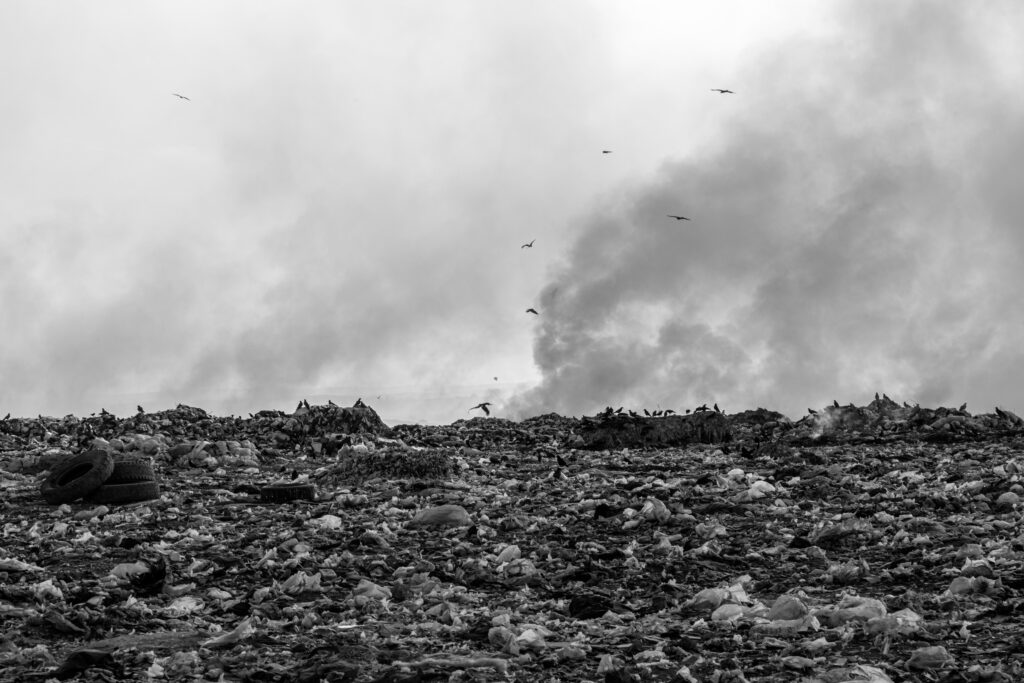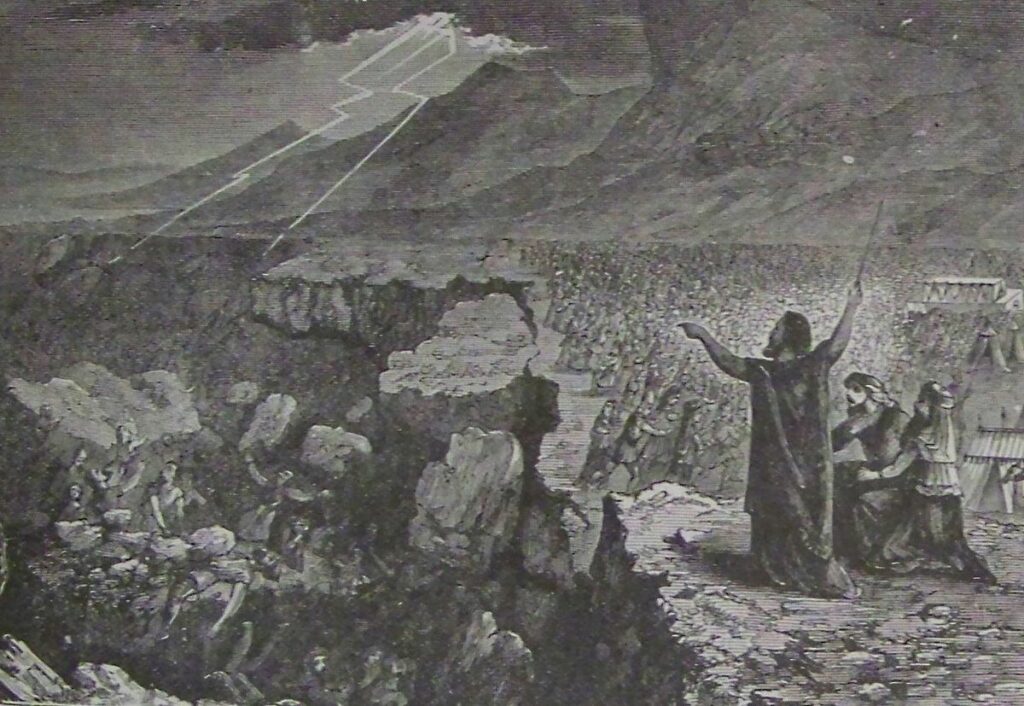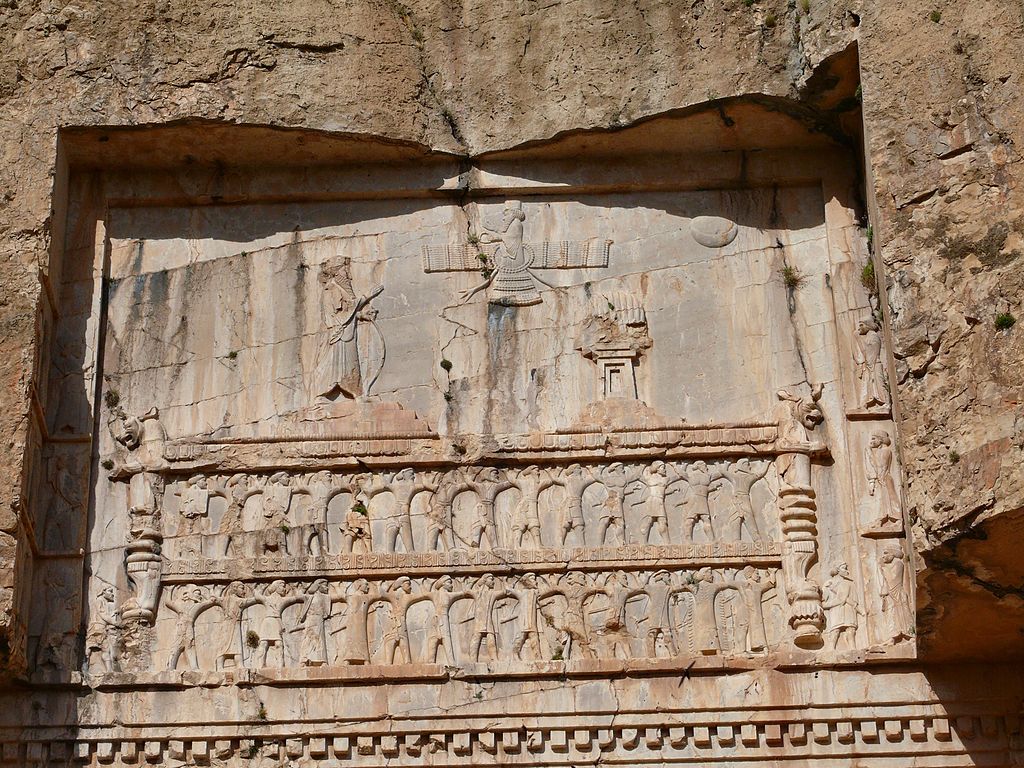
To understand the significance of Jesus’ death “outside the camp,” I’d like to probe a couple of questions, one in each of the next two posts:
- What did it mean in the Mosaic economy to be “outside the camp”?
- What, then, does it mean that Jesus was executed similarly “outside the camp”?
So first, what it meant originally.
The Old Testament uses the expression “outside the camp” 26 times in 25 verses (NASB95). Many of these occurrences refer to the disposition of the burnt and sin offerings, as noted in the previous post. But there are some other references as well—references that I think shed light on the meaning of the concept and thus help illuminate the significance of disposing of those two types of sacrifices in that way.
As you might expect, latrines were placed outside the camp (Dt 23.12-14). I speculated in the previous post whether there might be latrines in more central locations, appropriately distanced from nearby tents; but if the Israelites were following the Lord’s direction explicitly, they were walking half a mile or more every time they had to go to the bathroom.
Even today, when we set up a campsite, we designate an area for excretion that is away from the sleeping and eating areas. Why is that? For hygiene. There are substances in our excrement that can make us sick—coliforms most notoriously, but lots of other nasty stuff as well. You don’t want that junk in or near your living spaces.
There are other biblical instances of placing unclean things outside the camp. People with leprosy were forced to live away from their fellow citizens, because leprosy was communicable (Le 13.46; Nu 5.1-4). We read the specific instance of Moses’ sister Miriam being struck with leprosy and thus excluded (Nu 12.10-15), and centuries later King Uzziah suffered the same fate within the land of Israel (2Ch 26.21).
And it wasn’t just physical uncleanness; ceremonial uncleanness was isolated as well. In the wilderness, a group of Midianite prisoners of war were isolated (Nu 31.1-19), as was the family of the Canaanite believer Rahab during the conquest (Jos 6.23).
Being kept outside the camp might mean that you were unclean, a source of pollution.
But uncleanness doesn’t account for all the instances. An obviously different case is that the Tabernacle itself was moved outside the camp for a period of time after the golden-calf incident (Ex 32.30; 33.7). Surely the Tabernacle was not to be seen as unclean! So why the repositioning? I’d suggest that by worshiping the calf—which Aaron had identified as “the LORD,” Yahweh (Ex 32.5)—Israel had rejected the explicit commandments of Yahweh, even though not (in their minds) going after a different “god.” Moses reminded them of this fact by moving the Tabernacle outside the camp, as though they had expelled or rejected it.
This idea of rejection is confirmed, I think, by several instances of capital punishment being executed outside the camp. By Yahweh’s direct command, a man who had blasphemed The Name was executed outside the camp (Le 24.10-14). Similarly, again by direct divine command, a man who had violated the Sabbath was executed there as well. And in a much more familiar case, the deacon Stephen, the first Christian martyr, was driven outside the city by the Sanhedrin to be executed (Ac 6.15-7.1; 7.54-58).
This was an act of utter rejection.
I think we have a good foundation, then, for understanding what it meant for the sin offering to be slaughtered, then dragged outside the camp, and then consumed by fire.
- Israel’s sin is so vile, so revolting, so contagious, so polluting, that its very offering cannot be burned where the other offerings—the peace offering, the thanksgiving offering—are. It’s as though the very smoke of the offering is contaminating.
- Israel is called to reject its sin as it would reject its own sewage or its own murderers. Get rid of it. Get as far from it as you can.
Next time we’ll follow the application of the author of Hebrews to where it unavoidably leads us.
Photo by Bakhrom Tursunov on Unsplash



